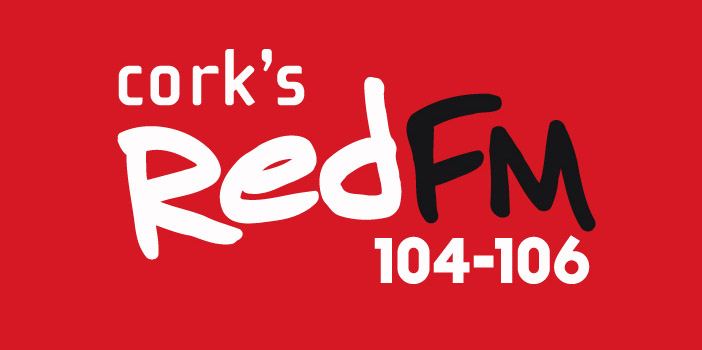Did you watch Mad Men the other night? Poor Lane, one of the
Partners in the fictional advertising firm Sterling Cooper Draper Pryce got
into a spot of financial difficulty with the Inland Revenue. To surmount this
he awarded himself an “eleven day loan”. Unfortunately, to avail of his own
short term financing model he felt compelled to forge the signature of the anti-hero Don Draper
on a cheque made out to himself. Draper
found out but rather than fire him on the spot Draper asked Lane to think of a
dignified exit. Well, I’m not going to tell you what happened next.
This reminded me of the real life sorrowful tale of W and R
Morrogh, a once proud Cork Stock-broking firm which had served the people of
Cork for over 100 years. One of the Partners, a Mr. Pearson, lost an estimated
€12 million from gambling on futures and options. And, surprise, surprise, to
cover theses losses he dipped into the client account to cover these losses. Mr
Pearson went to Prison.
The sting in the tail here though is that in 1993 on a
considerably smaller scale Mr. Pearson used client monies to buy stocks without
client authorisation. They didn’t fire him then? Nope. His father made good the
losses and he was allowed to continue eventually bringing the firm crashing
down less than ten years later.
I’m not going to deal with the obvious moral hazard here of
giving someone a second chance but rather the nuclear option of firing someone
and more particularly when that someone is a director of a company. A director can be automatically removed if
they are the subject of a disqualification order: They become bankrupt or go
insane. They can also be removed by their former buddies on the board by
resolution. This must be done in the interests of the board and not because he
never gets his shout in at the 19th hole. Of course, the errant
director may still have rights under a contract of employment so be careful.
Now for the fun bit. The company’s finances are in the
toilet and the shareholders want to
remove a director or maybe all the directors. Start thinking Gordon Gecko here
in Wall Street. It is a basic principle of company law that the shareholders of
a company can dismiss or remove a director by passing an ordinary resolution(a simple
majority) in a general meeting. The
implications of this are enormous. It gives Gordon the power to sack the board
of directors and take over the company if he can influence 51% of the
shareholders.
So how does the director shore up his position? Well, he
could invoke a special clause in the articles of association (the rules of the
company) to load his voting rights. Or this clause may be contained in a
shareholders agreement which would deal with how the company is run.
Alternatively, the director might ensure that he retained enough shares to keep
control.
So we got rid of that no good Director. What happens next?
Sadly, he may be entitled to compensation. Or worse still he may say that he
was oppressed and seek an injunction preventing his dismissal. Before you can
say Golden Handshake let’s remember the words of the aforementioned ultimate corporate raider when addressing the
shareholders of Teldar Paper: “Greed is right. Greed works. Greed clarifies,
cuts through, and captures the essence of the evolutionary spirit. Greed, in
all of its forms- greed for life, for money, for love, knowledge-has marked the
upward surge of mankind. And greed-you mark my words-will not only save Teldar
Paper, but that other malfunctioning corporation called the USA”. By the way I still
have some worthless Share Certificates if anyone’s interested.
Shane Healy, Head of Commercial, Employment and Insolvency, HOC Cork and Dublin



